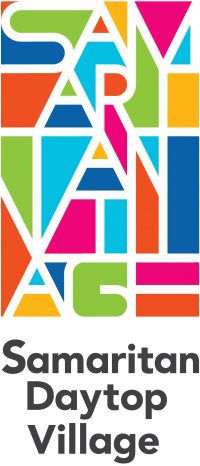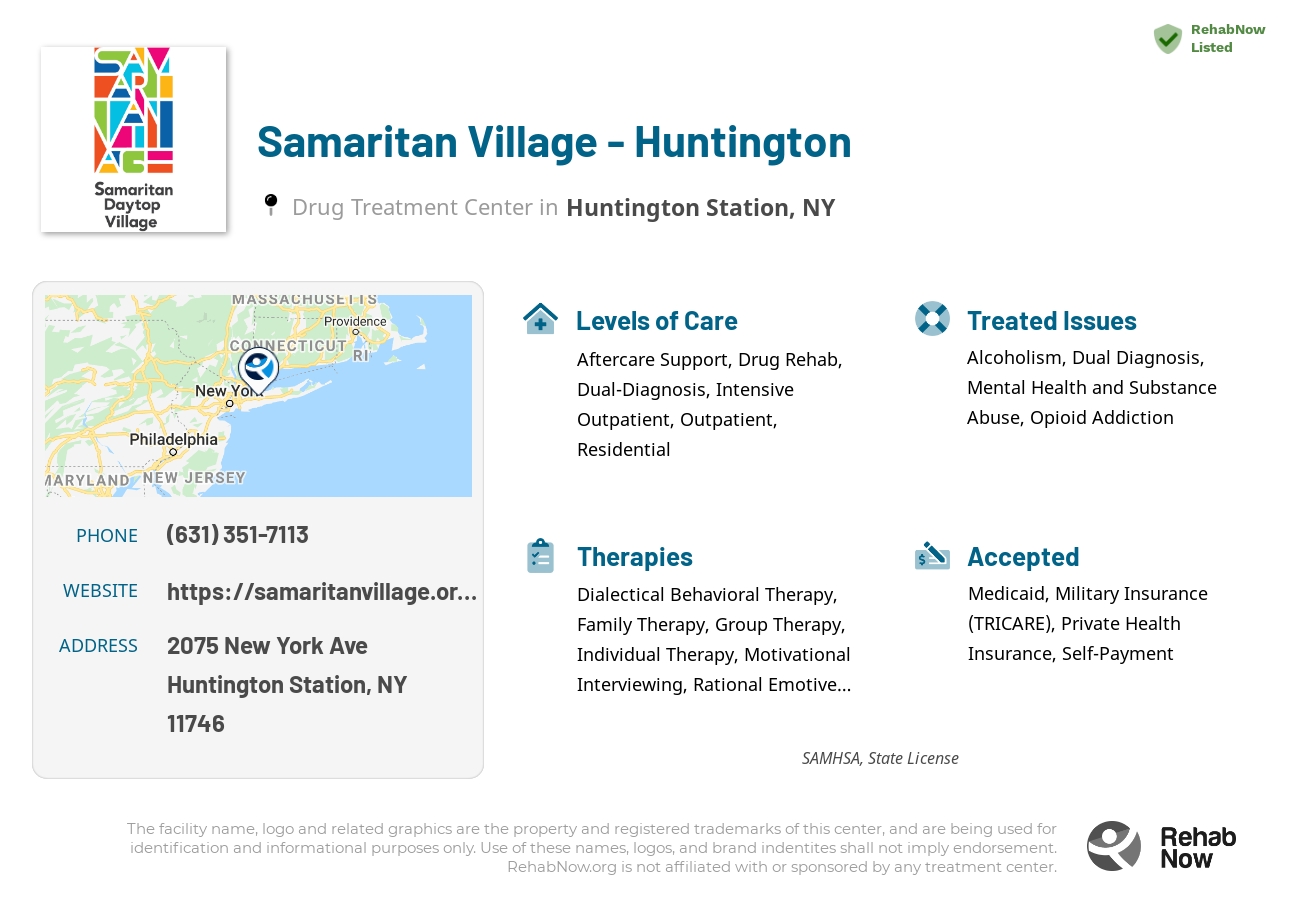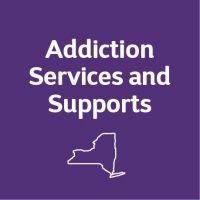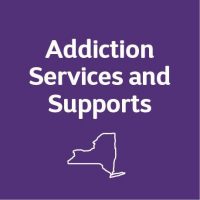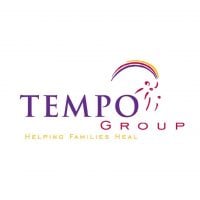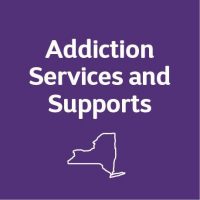Samaritan Village - Huntington
Drug Rehab Center in Huntington Station, New York
Samaritan Village - Huntington provides comprehensive addiction treatment services including detoxification, residential care, intensive outpatient care, and aftercare support to help individuals with substance abuse and addiction achieve their long-term sobriety goals.
About This Huntington Station, NY Facility
Samaritan Daytop Village- Huntington, located in Huntington, New York, stands as a beacon of hope for individuals striving to overcome substance use, mental health issues, and housing challenges. Their holistic approach to treatment, accommodating individuals from all walks of life, sets them apart. This facility offers both residential and outpatient services, ensuring a flexible path to recovery tailored to each individual's needs.
- Holistic Behavioral Health Care: Their residential program offers comprehensive care in a trauma-informed setting, addressing both mental and physical health needs.
- Evidence-Based Outpatient Services: Outpatient treatment utilizes behavioral intervention and evidence-based practices for deep, lasting recovery.
- Dual Diagnosis Treatment: Specialized care for individuals facing co-occurring mental health and substance use disorders, offering a better chance for long-term sobriety.
Accredited by SAMHSA and holding a State License, Samaritan Daytop Village- Huntington integrates a multitude of services to foster recovery. Their accreditation underscores their commitment to providing quality care across various levels including detox, outpatient and residential services, and intensive care for those battling alcoholism, opioid addiction, and more.
Addressing a broad spectrum of needs, this facility treats alcoholism, opioid addiction, dual diagnosis conditions, and other substance use alongside mental health concerns. Their methods encompass a balance of individual and group therapy, supported by recovery and vocational counselors, to pave the way for a life of sobriety.
Genders
Ages
Modality
Additional
Accreditations
State License
SAMHSA
Conditions and Issues Treated
Substance abuse refers to the intensive and inappropriate use of psychoactive substances. Psychoactive substances are those that affect brain function. These include illegal drugs, alcohol, and even the excessive use of prescription drugs. The overuse of psychoactive substances leads to severe physical or psychological dependence. It also affects the social life and relationships of the affected individual. Substance abuse is treatable.
The duration of treatment at Samaritan Village - Huntington in Huntington Station can require weeks or even months depending on the severity of the condition as there is a risk of relapse. Treatment options include medications, counseling sessions, various types of behavioral therapy, and group therapy in different combinations.
Addiction to prescription opioid painkillers like oxycodone and hydrocodone, and illicit opioids such as heroin, leads to potentially life-threatening withdrawal symptoms when discontinued. Opioid addiction treatment typically involves an inpatient stay at facilities like Samaritan Village - Huntington to make sure they get through withdrawal safely. Treatment also includes comprehensive mental health counseling.
Mental illness includes conditions such as anxiety, depression, schizophrenia, bipolar disorder. It can also happen that mental illness causes drug addiction and vice versa. Samaritan Village - Huntington in New York knows it is vital to diagnose dual diagnosis or co-occurring disorder.
Levels of Care Offered
This center offers a variety of custom treatment tailored to individual recovery. Currently available are Aftercare Support, Detox, Drug Rehab, Dual-Diagnosis, Intensive Outpatient, Outpatient, Residential, with additional therapies available as listed below.
One of the first things an addict should do when entering treatment is to abstain from using illicit drugs completely. Depending on the length of time that the person has been using, the addict may have to go through alcohol or drug withdrawal. Fortunately, detox doesn’t have to be done alone, and withdrawal symptoms can be managed medically in an inpatient or outpatient setting. While detox may be uncomfortable, it is not life-threatening. Detoxification allows the addict to rid the body of all traces of drugs or alcohol and gives the addict a clean slate for their recovery.
Daily trips to the hospital that provides the treatment include intensive outpatient services (IOP). IOP in New York is appropriate for patients in residential recovery facilities that have been diagnosed with addiction. Patients return to their everyday lives gradually, increasing the likeliness of success in treatment.
To assist with alcohol or opioid abuse, or a co-occurring condition, Samaritan Village - Huntington offers an outpatient treatment program. For their rehabilitation and other services, the New York patient will go to the treatment center, yet return home every night. After most of the program is completed, the level of mandatory participation reduces.
Residential treatment programs are those that offer housing and meals in addition to substance abuse treatment. Rehab facilities that offer residential treatment allow patients to focus solely on recovery, in an environment totally separate from their lives. Some rehab centers specialize in short-term residential treatment (a few days to a week or two), while others solely provide treatment on a long-term basis (several weeks to months). Some offer both, and tailor treatment to the patient’s individual requirements.
Treatment is just a first step in sustaining sobriety. After rehabilitation, counseling for aftercare helps the person adapt to a life without drugs. A sober living facility in Huntington Station, job therapy, or educational assistance may be included in this service, managed by Samaritan Village - Huntington. This is when a preventive strategy for relapse starts to take shape.
Samaritan Village - Huntington‘s Therapies & Programs
In addiction recovery at Samaritan Village - Huntington, therapy plays a significant role. This helps patients get to the root of their addiction and discover how the problems that contributed to their use can be handled better. Therapy can be performed in a group and one on one settings. The patient interacts with the therapist in a one-on-one atmosphere during individual therapy. This encourages them to reflect on the underlying addiction problems and develop ways to avoid potential future abuse.
Addiction and alcoholism affect the entire family. For this reason, family therapy is vital to a person’s recovery from addiction. In contrast to couples counseling, family therapy at Samaritan Village - Huntington may include siblings, children, parents, and other significant people in the recovering person’s life. Family support is one of the most important pillars of recovery.
Many people turn to drugs and alcohol as a way of processing trauma that has affected them in the past. Trauma can include abuse, neglect, the loss of a loved one and other unpleasant incidents. Trauma therapy at Samaritan Village - Huntington helps patients process trauma. It gives them the tools to deal with it in a healthier manner.
Dialectical behavioral therapy (DBT) is a type of Cognitive Behavioral Therapy that focuses on eliminating specific negative thoughts such as suicidal thoughts that can potentially lead to an individual inflicting self-harm. It is useful in the treatment of patients exhibiting uncontrollable emotions, intense mood swings, and borderline personality disorders.
The term “Dialectic” means the integration of opposites. In the substance abuse context, DBT refers to accepting the patient’s addiction and working to change their thoughts and behavior. It improves life skills such as controlling the intense emotions without reacting impulsively, resolving the interpersonal conflicts effectively, and promoting awareness about self and others.
Cognitive Behavioral Therapy (CBT) examines the relationship between a patient’s thoughts, feelings and behaviors. Samaritan Village - Huntington aims to establish a healthy response to thoughts and feelings as an alternative to turning to drugs and alcohol. It also promotes healthy communication between addicts and those around them. It is and effective therapy for people suffering with all types of addictions.
Rational Emotive Behavior Therapy (REBT) is a type of cognitive therapy. It is based on the principle that irrational thoughts are responsible for the emotional and behavioral changes in addiction. So, the therapy starts with identifying the underlying irrational thoughts. These thoughts are then challenged and opposed logically and then replaced with positive thoughts. It also helps to change unwanted behavior with techniques such as meditation.
By imparting positive thoughts and emotions, Rational Emotive Behavior Therapy (REBT) makes the individual self-reliant with a capacity to handle the emotional and behavioral issues in future by themselves without professional help. This self-dependence benefits the patients and prevent relapses.
The recovery technique used by Alcoholics Anonymous is the 12 step program, but it can relate to any form of addiction. The 12 steps that addicts must take on the road to recovery are explained. Measures include acknowledging that you have a problem and agreeing to turn around your life. The curriculum, instructed by Samaritan Village - Huntington, also requires a belief in a greater power and making amends to others.
Contingency Management (CM), also called motivational incentives, is a type of pure behavioral therapy. It’s based on the idea that behavior is shaped, motivated, or controlled by its outcomes. CM is a clinical application at Samaritan Village - Huntington of operant conditioning, which helps clients eliminate unwanted behaviors by the use of positive and negative reinforcement.
Payment Options Accepted
For specific insurance or payment methods please contact us.
Is your insurance accepted?
Ask an expert, call (888) 674-0062
Samaritan Daytop Village Associated Centers
Discover treatment facilities under the same provider.
- Samaritan Daytop Village - 3rd Avenue in Bronx, NY
- Samaritan Village - Rhinebeck in Rhinebeck, NY
- Samaritan Daytop Village in Blauvelt, NY
- Samaritan Daytop Village - Veritas House Community Residence in New York, NY
- Samaritan Village - Residential in Rhinebeck, NY
Learn More About Samaritan Daytop Village Centers
Additional Details
Specifics, location, and helpful extra information.
Huntington Station, New York 11746 Phone Number(631) 351-7113 Meta DetailsUpdated April 15, 2024
Staff Verified
What else do people call Samaritan Village – Huntington?
People have occasionally also searched for “Samaritan Daytop Village in New York”
Patient Reviews
There are no reviews yet. Be the first one to write one.
Huntington Station, New York Addiction Information
More than 2 million New Yorkers are currently suffering from some type of substance abuse and many of those are minors. Alcohol abuse, in particular, is prevalent among those underage. As a result of the high prices and regulation of prescription drugs, many New Yorkers turn to heroin instead. This has led to a serious heroin epidemic in the state.
About 9% of people in Huntington Station, NY abuse drugs. There were 193 overdose deaths in the area in 2016. 25% of teens have admitted to driving after using drugs or alcohol. The most abused drugs are marijuana, opioids, and various types of prescription medications are often misused. Holistic therapies are the common drug treatment in Huntington which involve using meditation, massage, acupuncture, and yoga.
Treatment in Nearby Cities
- Saranac Lake, NY (244.7 mi.)
- Massena, NY (293.1 mi.)
- Corona, NY (24.5 mi.)
- Long Beach, NY (21.2 mi.)
- Chappaqua, NY (29.3 mi.)
Centers near Samaritan Village - Huntington
The facility name, logo and brand are the property and registered trademarks of Samaritan Village - Huntington, and are being used for identification and informational purposes only. Use of these names, logos and brands shall not imply endorsement. RehabNow.org is not affiliated with or sponsored by Samaritan Village - Huntington.
